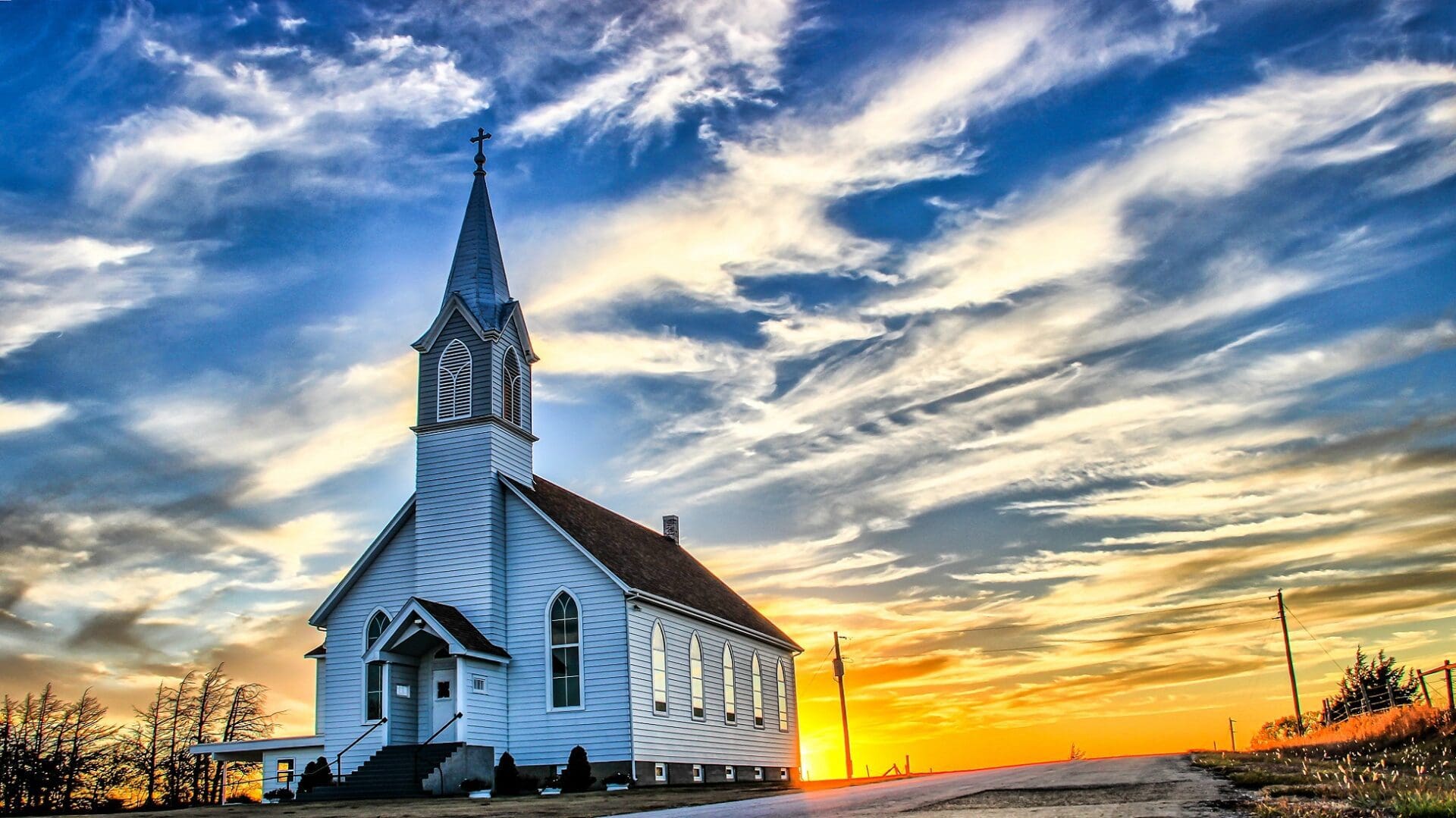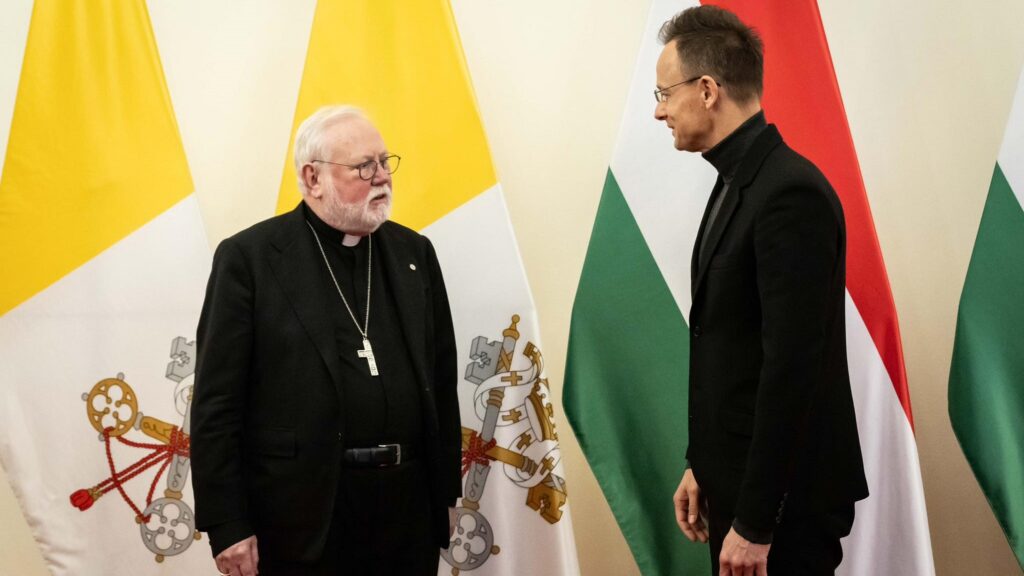The Cambridge Judge Business School has recently published the findings of its survey examining the financial statuses of churches in two rural areas in the United Kingdom, Cambridgeshire and West Norfolk. What they found was displeasing. One in three church buildings costs more to maintain in a year than what its congregation is able to raise. Also, only one in five churches is outright profitable. These findings were reported on by SciTechDaily.com.
The study examined all 334 churches within the Diocese of Ely. They did more than just assess their finances. They also polled the local residents. In those surveys, they found that 75 per cent of responders believe that the closure of their local church would ‘have a devastating impact’ on their community. They also noted what usages for church buildings are most valued by the communities. These are rites of passage services, a place for religious worship, and a quiet place for reflection or meditation, in that order.
So, it appears there is still a need for chapels in rural communities. The question remains: how can they remain financially sustainable? The study cited above, titled ‘REACH Ely (Reimagining Churches as Community Assets for the Common Good)’, also lists ten recommendations for churches on how to achieve just that. They include hosting recurring community events, co-operations with schools, and better use of social media. It appears that some steps have already been made in that direction: the audit also found that three quarters of churches held secular community events in 2019, a 27 per cent increase from 2012. These events were miscellaneous, ranging from blood donations to concerts. One congregation even let a circus troupe use their church for practice, as they needed a high ceiling.
The energy crisis, in big part brought on by the EU sanctions imposed on Russia, is evidently not exclusive to the United Kingdom. Therefore, we decided to reach out to the major denominations of Christianity here in Hungary to find out how they have been affected by the rising costs, and what their plans are to manage the crisis. These are the answers we have received.
General Secretary of the Hungarian Conference of Bishops, Father Tamás Tóth, PhD wrote:
‘Just like other actors in the public sphere, the Hungarian Catholic Church and its organisations have also been heavily affected by the energy crisis. The current situation has an especially severe impact on those institutions that took over some of the social services from the government. These institutions mainly operate in the social, educational, and healthcare fields. Based on the constitutional principle of equal funding, we hope that the government will reimburse us for the increased costs, as it does for their other institutions. They have already partially done so.
As for the buildings facilitating strictly faith-based activities, their utility costs have increased 10-fold since last year in many cases. This necessitates even more responsible and cautious spending. One of the ways we reduce costs is we re-examine the energy structures of our buildings, and we put in place modern and sustainable energy solutions where we can. We also refrain from heating our churches, or we only heat them to a minimal extent.
It is important to note, however, that we do keep our churches open for regular hours, as they are the chambers of God, and thus welcome the faithful and those looking for a place to pray.’
Presiding Bishop Tamás Fabiny, PhD of the Evangelical-Lutheran Church in Hungary also kindly got back to us, writing:
‘Evidently, the energy crisis is a major challenge for the Evangelical-Lutheran Church. Primarily, we focus on enforcing our congregations, since the Church’s main function is to ensure the Gospel can be spread. The congregations themselves have made radical steps to reduce their energy consumption. The national Church did help those congregations who could not have stayed afloat on their own. It is a testament to their viability that only very few of them needed that sort of assistance. On top of all that, our Church used its own resources to start a project where congregations can apply for grants for modernising their energy structures. These projects will be taking place in 2023.’
However, Bishop Fabiny also shared with us that no institution of his Church that does social or educational work had to shut down due to rising costs, especially given the fact that the government is providing additional subsidies for them. To our question about the membership numbers of their congregations, he replied:
‘Secularisation is not just a Western-European phenomenon. The past decades show a clear tendency for shrinking congregations. In the last few years, the pandemic made the congregations’ lives especially difficult, since no communal gatherings could be held. In the post-pandemic era, we experienced another drop in attendance in our churches…Our Church does everything in its power to find those who would be the members of future congregations, through faith education and the involvement of the youth in our faith-based communities.’
We have also received a reply from the Communications Department of the Synod Offices of the Reformed Church in Hungary. They directed us to an article on their website titled ‘A Haven During the Time of an Energy Crisis’, published in December 2022.
In it, they interview a high-ranking official in their Church, András Gér, and a pastor, Sándor Martoni Molnár. Mr Gér, just like representatives from the two other denominations we cited above, confirmed that those ecclesiastical institutions that provide community services would get additional subsidies from the state to cover the rising energy costs. His church has also engaged in negotiations with the energy provider MVM Next Energiaszolgáltató Zrt., and got a commitment from them that they will make special efforts to help with the problems brought forth by the Church. In order to better prepare for these negotiations, they asked all their congregations to provide detailed data about their energy usage. They had to enter a special agreement with the energy provider since, starting from 1 January 2023, the Reformed Church’s buildings that are not used for permanent habitation are no longer eligible for the discounted gas and electricity prices, funded by the government’s utility cost reduction programme. However, since different congregations have contracts with multiple providers on different terms, they could not negotiate one unified, new contract with MVM for the whole Church—although this remains a long-term goal for Mr Gér and his associates.
In the same article, Mr Martoni Molnár lamented the fact that his congregation in Outer Kelenföld can no longer afford to heat up their church building to 15°C (60°F) like they used to before the energy crisis hit. They are currently paying 800,000 HUF a month for gas and electricity, therefore they are looking into sadly leaving their church behind and renting a conference room for their Sunday worships, as that would likely cost them less.
The Reformed Church also sent us a custom reply to address our question about congregation membership and service attendance. They wrote:
‘This is a phenomenon independent from denominations. In the midst of secularization, the number of people regularly taking part in church services is steadily declining. On top of that, there were no gatherings held during the Coronavirus pandemic, and some have been avoiding in-person contact ever since. However, the unfortunate situation has forced us to apply modern solutions. Through the internet and live streaming, we opened the gates of our Church to those who would not have come through otherwise. For this reason, we cannot really say that our churches are empty, since our experience is that through these online events, we can reach more people than could fit inside the confines of our church buildings….Evidently, in-person meetings cannot be replaced with a screen, and taking communion could also be really experienced only through being there in person. Therefore, we hope that we can soon meet those who are with us week after week, but only from a distance.’








